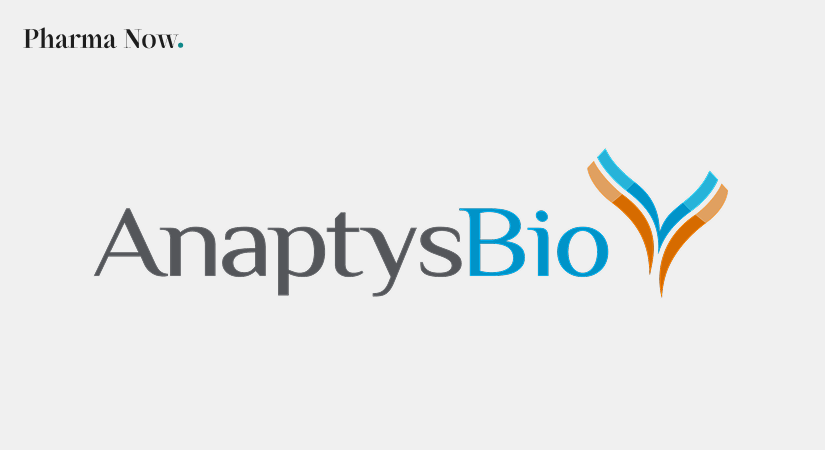AnaptysBio Ends Phase 2 Ulcerative Colitis Trial As Rosnilimab Fails To Meet Key Endpoints
AnaptysBio’s rosnilimab failed to meet efficacy endpoints in a Phase 2 ulcerative colitis trial but showed strong biomarker activity and safety.
Breaking News
Nov 11, 2025
Simantini Singh Deo

AnaptysBio, Inc., a clinical-stage biotechnology company advancing immunology-based therapies, announced that its investigational antibody, rosnilimab, did not achieve the primary or key secondary endpoints in a Phase 2 trial for moderate-to-severe ulcerative colitis (UC). The study, which measured change from baseline in the modified Mayo Score (mMS), showed no meaningful difference compared to placebo. Despite being safe and well-tolerated, the lack of efficacy led the company to discontinue the trial, resulting in an estimated cost savings of at least $10 million.
The randomized, double-blind, placebo-controlled study involved 136 patients across the U.S. and Europe who had previously failed or were intolerant to other UC therapies. Participants received either 400 mg of rosnilimab every four weeks, 800 mg every two weeks, or placebo. Results indicated similar clinical remission and endoscopic remission rates across all groups—7% for rosnilimab 400 mg, 7% for 800 mg, and around 5% for placebo—showing no significant improvement at Week 12 or Week 24.
“Rosnilimab was safe and well-tolerated, but we are disappointed in the lack of adequate efficacy and will discontinue the UC trial. However, we remain excited about the potential advancement of rosnilimab in RA and will provide an update in H1 2026 including funding by strategic or other sources of capital without diluting our royalties,” said Daniel Faga, president and chief executive officer of Anaptys. “ANB033, our CD122 antagonist, is in a Phase 1b for celiac disease and we plan to announce a Phase 1b in another inflammatory disease in 2026. Simultaneously, we are reiterating our intention to separate our biopharma assets from our substantial royalty assets in 2026, including Jemperli royalties of >$390 million per year at GSK’s peak sales guidance of >$2.7 billion1, which Anaptys expects to be achieved before 2031.”
However, biomarker analyses revealed that rosnilimab effectively depleted pathogenic PD-1+ T cells, both in blood and colonic tissue, consistent with previous rheumatoid arthritis (RA) Phase 2b findings. This depletion effect was sustained through Week 50 for patients continuing in the treatment extension period (TEP) under a reduced dosing regimen (400 mg every eight weeks). Despite the observed biological activity, the clinical results suggest that the current dosing or indication may not yield the desired therapeutic outcomes in UC.
